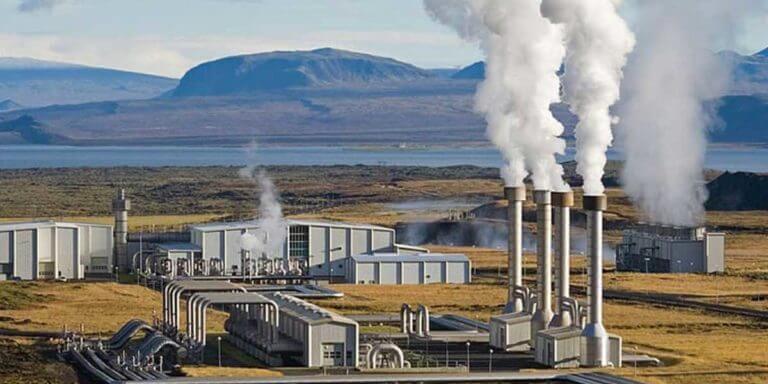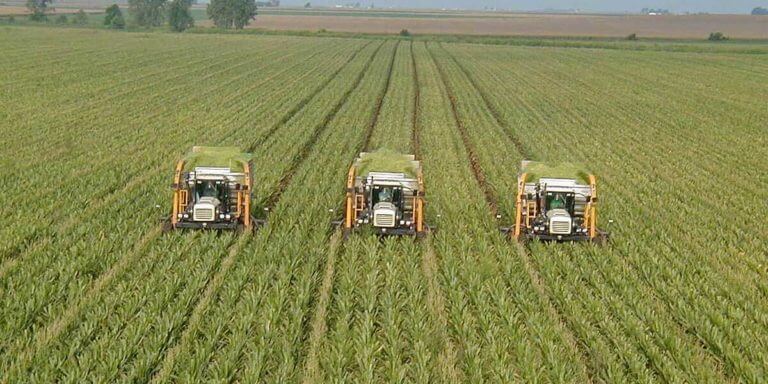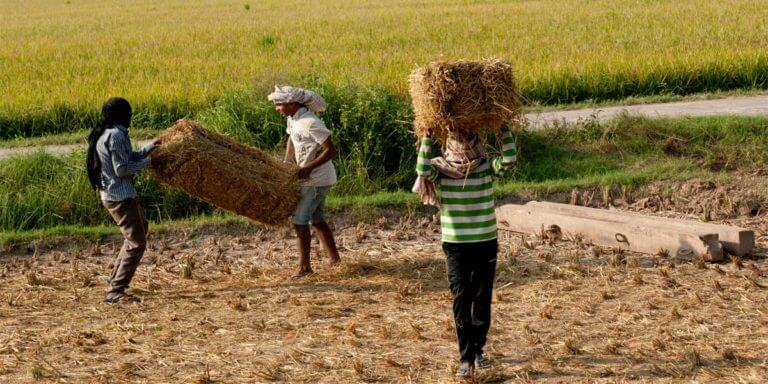Pros And Cons Of Biotechnology In Agriculture
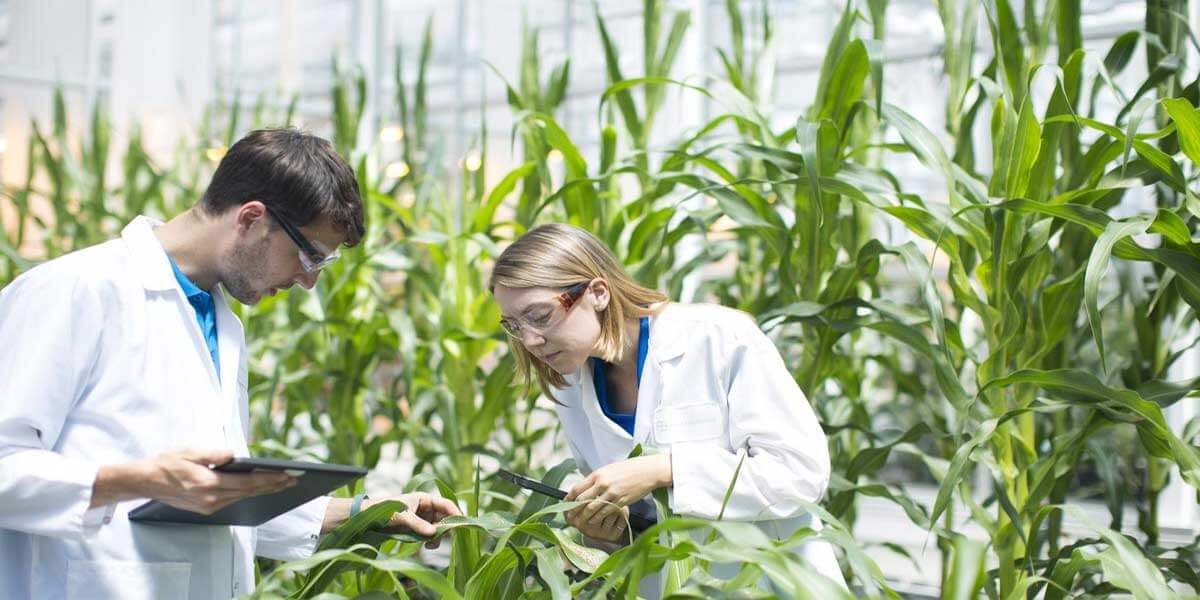
Very often, nature, art, literature, engineering and medication inspire us to do better. Biotechnology is a field in science that looks at natural processes to change living systems and organizations and develop brand new products, devices out of it.
According to the UN Convention on Biological Variety, biotechnology is “any technological application that uses biological systems, living organisms, or derivatives thereof, to make or customize products or procedures for particular usage.”
You will notice a lot of biotech applications being used in agriculture. For 100s of years, farmers used plants and animals through selective breeding to develop desired traits.
As the science of plant breeding was more developed, the 20th century saw a huge change as we could choose traits such as increased yield, insect resistance, drought resistance, and herbicide resistance. However, our technology has ever since moved even further, which resulted in biotechnology producing its very first food product in 1990.
The incline of agritech or agriculture biotechnology was such that in 2003, 7 million farmers were using biotech crops. 85% of these farmers were found to be living in developing nations.
Is agritech a technological transformation which we should be inviting, or are there concealed dangers of synthetically altering foods?
The clear difference in between agritech and traditional practices utilized by farmers enhances helpful traits because of the scientific tools and techniques such as genetic engineering, molecular markers, diagnostics, vaccines and tissue culture is utilized to modify living organisms.
To put it simply, it is the truth that this is thought about a scientific and intrusive procedure compared to conventional practices.
But as the Economist noted in a current article, “If agriculture is to continue to feed the world, it needs to end up being more like manufacturing.” And this is what agritech enables.
Role Of Biotechnology In Agriculture.
With population rising, it is estimated that by 2050 we will be heading for a huge food crisis, as the world will need a minimum of 70% more food. The 9.7 billion occupants of world Earth will not only require more food by 2050, but likewise much better food, as by then most are likely to have mediocre earnings.
Agritech can help resolve this by increasing the productivity of crops and therefore fulfilling our nutrition requires. This is especially important offered the increased frequency of severe weather phenomena as well as the hard conditions under which lots of nations need to grow food.
One example of biotechnology items could be the advancement of the drought-resistant crop. By changing the genes of some crops, it is possible to grow them in undesirable conditions and different kinds of soil, which indicates that nations that suffer from drought might be able to broaden their agricultural activities as well as use land where it was formerly not possible to cultivate anything.
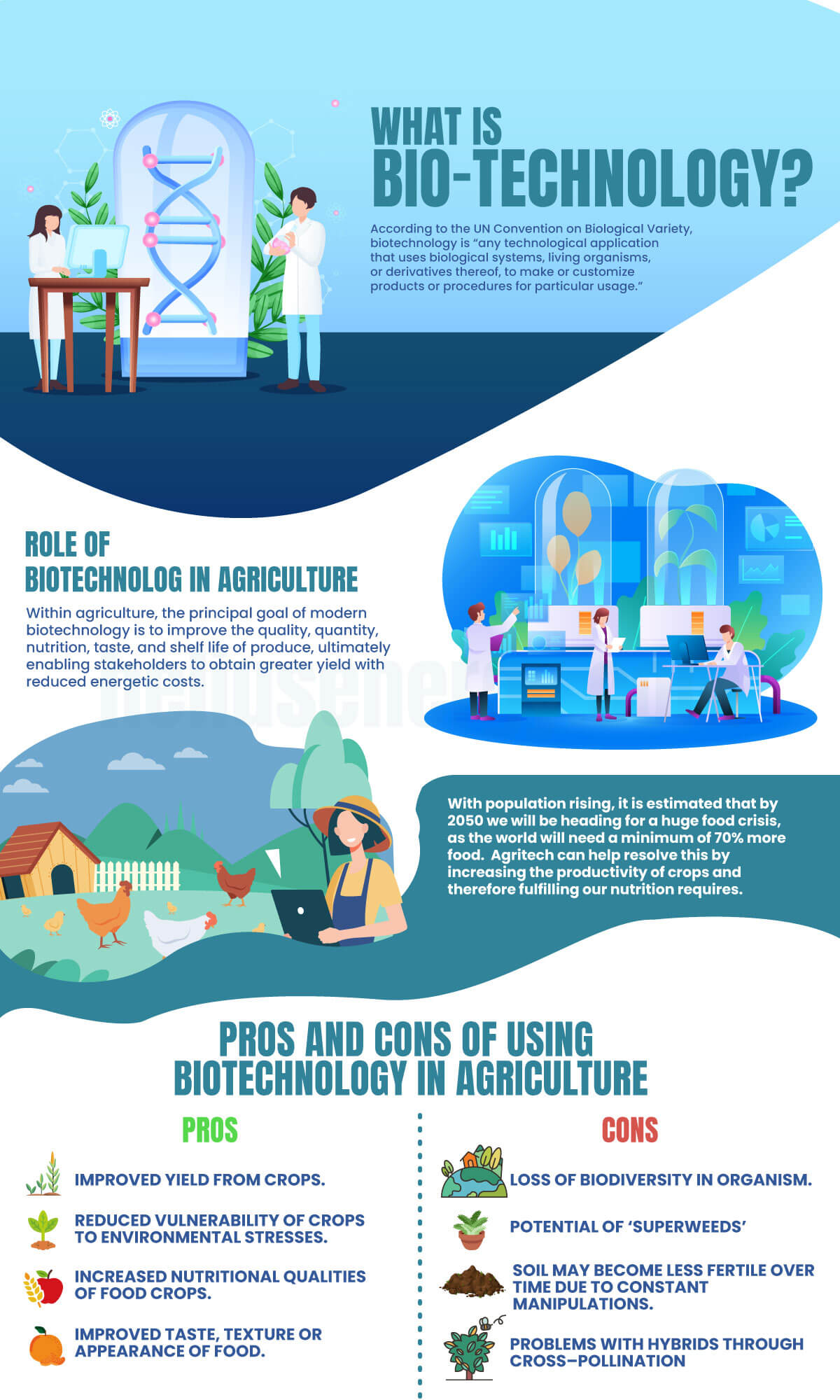
Pros & Cons of Biotechnology
| Biotechnology Pros | Biotechnology Cons |
| 1. Helps to increase the dietary worth of crops through genetic manipulation. | 1. Genetic manipulation can have severe effects on environment in long term |
| 2. Helps solve starvation through better yields. | 2. Can be used for wrong purposes. |
| 3. Efficient production means less waste | 3. Soil may become less fertile over time due to constant manipulations. |
| 4. Decrease in greenhouse gases as biotech reduces post processing | 4. Less post processing leads to local unemployment |
| 5. Allows growing variety of crops in a small land. | 5. Problems with hybrids through cross–pollination |
| 6. Allows mass production of important medicines. | 6. Health problems related to GMOs |
| 7. Reduces transportation cost as countries can grow their own crops. | 7. For countries relying solely on crop exports, this could lead to unemployment and poverty. |
Advantages Of Using Biotechnology In Farming
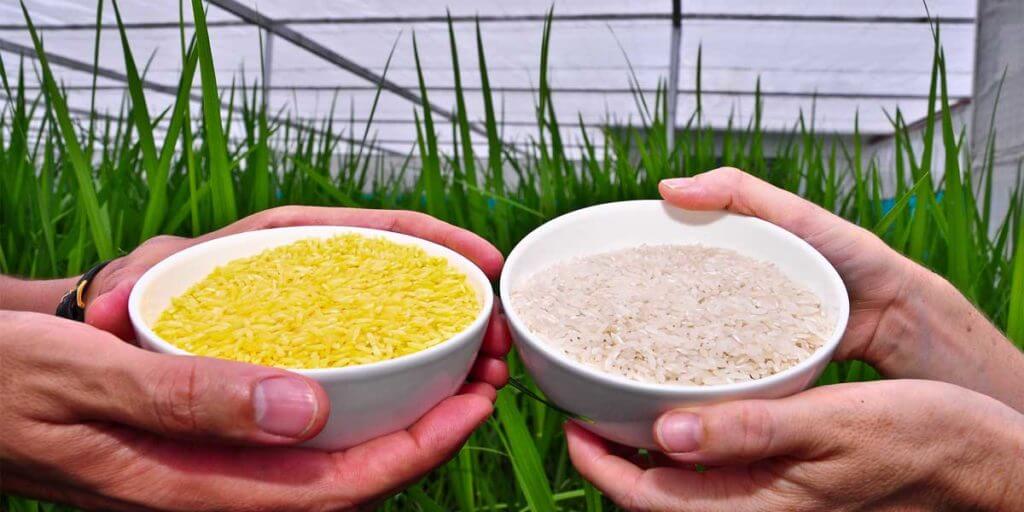
Making use of biotechnology in the field of agriculture does not only allow for crops to grow more and under more difficult scenarios, it can make them much better. In other words, science enables us to introduce particular genes to increase the dietary worth of crops.
This has been tried with rice, one of the world’s most eaten food, where scientists used genetic engineering to produce rice abundant in vitamin A.
What scientists noticed is that while rice currently contains the genes that produce vitamin A, these get turned off as the rice grow; so what the researchers did was to reverse the process so that the vitamin A genes get activated throughout the development.
As such, agritech can help in dealing with cravings; however, also poor nutrition. This is for that reason, not a solution we can manage to neglect when so many numerous individuals, lots of kids, suffer from malnutrition.
Supporters of agritech, however, think that their technology can present sustainable farming practices and even decrease the environmental effect of farming.
For instance, genetically modified seeds can have enhanced resistance to germination failure. This allows farmers to plant these seeds without needing to till the soil, which is a practice that disturbs beneficial soil organisms, leads to the loss of nutrients from soils by bringing them to the surface area from where they get washed off by the rain, and releases carbon caught in the soil raw material.
What is more, fans of agritech also believe that their technology can also reduce waste and optimize the food available to us in grocery stores.
This is since genetically modified fruit and vegetables can be given homes that allow it to be collected when ripe however then the ripening process can be stopped which enables consumers to access fresher fruits that last a long time. This also decreases the quantity of food that might return before even reaching retailers.
But if there are so many benefits of agricultural biotechnology, what is keeping back even more pick-up of these practices by farmers?
Disadvantages Of Using Biotechnology In Farming
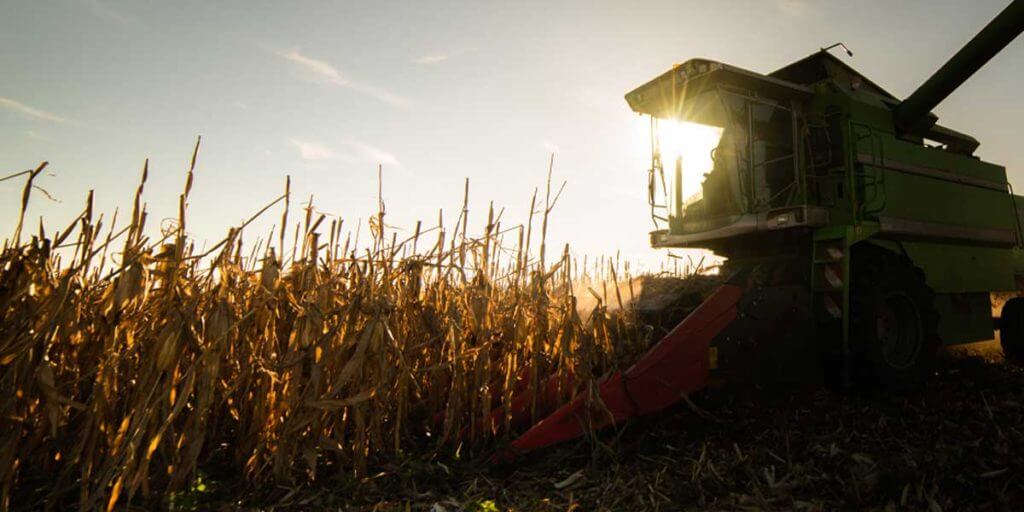
In the very first place, there is a knee-jerk reaction against genetic manipulation.
While we have genetically customized our crops and breeds for centuries, there is some doubt about the more invasive albeit more targeted way biotechnology does this.
Another aspect that is worth noting is that this genetic engineering is so severe that we are essentially taking genes from one organism and placing them into a different organism; in all likelihood, this would not have occurred using the standard approaches used by farmers before.
Possibly part of the apprehension is owed to the reality that genetically modified food has just been available since the early 1990s.
Provided the relatively brief time they have been cultivated, scientists can not draw firm conclusions about their future long term effects on the environment and health. However, some researchers have discovered that genetically modified plants have changed the life span, illness process and cognitive capabilities of pests that feed on these plants.
The actual usage of agritech has also created some worry amongst agriculturalists that it could result in a decline in biodiversity. If farmers were to discover a specific crop more rewarding and easy to grow, farmers would likely change to this more profitable crop and abandon other varieties.
The customized crop would dominate, and other regional ranges would be marginalized or even grow extinct. Biodiversity loss is an unsafe pattern as it damages the health of our ecosystems, puts food security at threat and minimizes our capability to react to environmental change.
From a human health point of view, scientists are worried that genetically modified food might create brand-new allergens. This is why the United States Fda policies for genetically modified food likewise consists of substantial allergenic tests.
Even with all the evidence on the table, it is difficult to take a firm decision about the application of biotechnology in agriculture.
What is particular is that we need to stay watchful regarding health and ecological implications. If agritech companies are truly devoted to assisting individuals around the globe to leave hunger and assistance in sustainable farming practices.
In that case, they need to acknowledge the need to ensure that biotechnology products provide on that without jeopardizing our environment or health.



